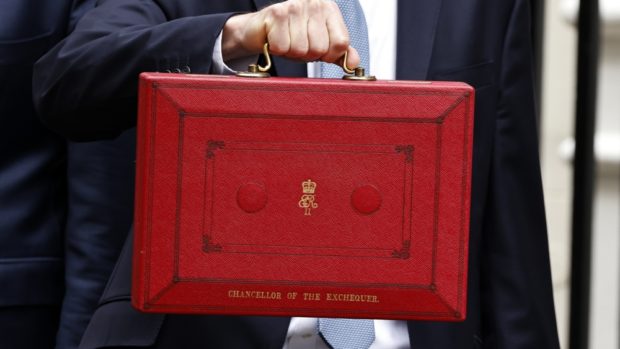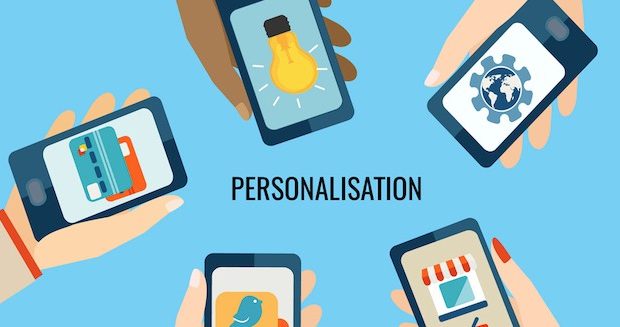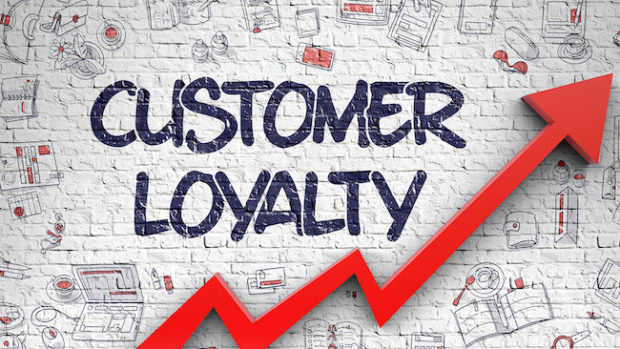
Increasing numbers of UK consumers are limiting their spending exclusively to goods on promotion to trim costs and make squeezed budgets go further, the latest research from Pricer, an in-store automation and communication solutions, reveals.
Original research of over 1,000 UK shoppers showed over a quarter (27 per cent) now only buy grocery items which are on offer – a +6 percentage increase compared to 2023. This, Pricer suggests, shows that, despite inflation starting to ease, both pricing- and promotions-sensitivity continues to remain high among consumers. Younger demographics were more likely to buy items on promotion exclusively, with Millennials saying that nearly half (47 per cent) of all the food they buy is on offer, while 37 per cent of Gen Z’s shopping baskets consist of promotional or marked-down produce.
“While inflation is starting to ease, it will take a little while for that ripple effect to make its way in to consumers’ shopping behaviours, so we expect customers to remain sensitive to pricing and promotions for some time to come,” Peter Ward, UK Country Manager at Pricer, commented. “Whether it is via promotions accuracy, on-shelf availability and replenishment of items of offer, fast roll-out on markdowns for near expiring goods or simply alerting customers to the offers available at the shelf edge, shoppers are expecting the retailers they shop with to make it as easy as possible for them to get the best deals.”
And, such now is the dependency of shoppers on promotions, that 41 per cent of the UK consumers polled by Pricer say they have shifted the times they visit supermarkets and food stores, opting to shop towards the end of the day when markdowns on products usually take place – an increase of +2 percentage points year-on-year.
Meanwhile, two-thirds (66 per cent) say they now shop across a greater number of supermarkets to get the best prices, rising to 74 per cent of Gen Z, and a further 68 per cent say they choose to shop across a larger number of supermarkets to get the best choice of products and promotions.
As well as seeking out promotions and markdowns offered directly by retailers on food goods, consumer adoption of food distribution apps, such as Too Good To Go, are also rising, as shoppers look to benefit from good deals while also acting sustainably by preventing food waste. Too Good To Go said since partnering with Aldi in February, for example, it had sold 500,000 ‘surprise bags’, which offer significantly discounted goods nearing their expiry dates. This has helped customers save over £7million as well as preventing 1,500 tonnes of C02 from food waste going to landfill.







Share